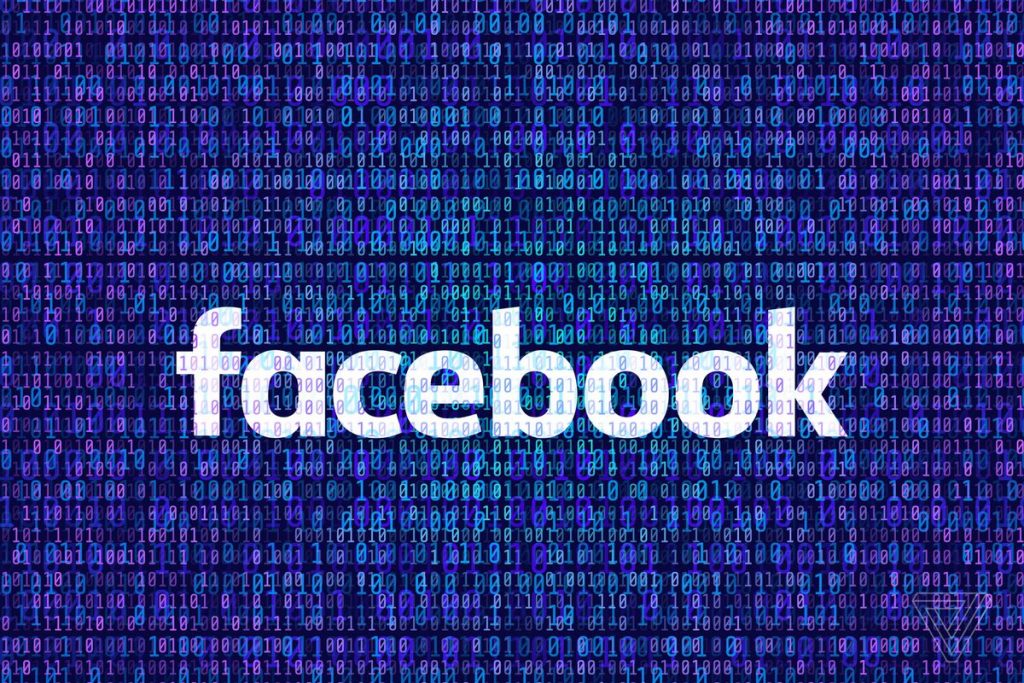What’s Happening With Facebook?
With new proposed legislation and public backlash, the future of the company is uncertain.

By Tiarra Drisker ‘25
In early October, former Facebook employee Frances Haugen testified before a Senate Commerce subcommittee. Her testimony included claims that Facebook was prioritizing profit over making the platform safer and that Facebook was withholding information that showed the harmful effects of Facebook and Instagram, the company’s other social media platform.
Facebook has had its fair share of controversy in the past, but the internal documents known as “The Facebook Papers” Haugen leaked have shed new light on the damaging repercussions of social media. Within the information leaked, there is data showing that Facebook ranked profit above regulating hate speech and misinformation. In some instances, such as the civil war in Ethiopia, Facebook amplified misinformation. Haugen also leaked information exposing Facebook’s study that revealed Instagram’s toxicity in regards to teenage girls. As the U.S. government proposes new legislation that would make Facebook and other social media platforms become more responsible for managing their content, the future of social media remains uncertain.
“I think the public’s attitude will continue to shift in the direction of wariness and mistrust,” Johanna Dunaway, an associate professor in the Department of Political Science, said. “It’s already the case that trust in social media has declined among its users since the 2016 election cycle. The bad PR from The Facebook Papers and all of its associated scandals certainly will not help.”
The public also expresses mixed feelings on whether or not the government should intervene. Some citizens believe that because social media platforms are owned by private businesses, the platforms should regulate content in ways that they see fit. Others believe that social media platforms need the government to enforce regulations, because social media is so widely used.
“There is an active debate whether there should be more government oversight or if social media can be self-regulating via user complaints and algorithms that detect abusive posts,” Ragan Petrie, a professor in the Department of Economics, said. “Oversight is costly though, even if done by one entity (the government) or by the efforts of a large community of users via complaints or comments. Limiting the actions of companies will likely have a first-order effect on their profits. There is also the potential impact on freedom of expression if oversight limits healthy exchange of ideas.”
Facebook did a number of studies within the company and discovered that its platform as well as Instagram can cause depression in users. If not for Haugen’s whistleblowing, Facebook would not have disclosed the results of the studies. Now that the results of the studies have been released to the public, many are concerned about the effects of not only Facebook, but all social media.
“From a randomized-controlled trial that I completed with some graduate students, we found that, while people value Facebook, using it makes people more depressed and less likely to engage in healthy behaviors,” Petrie shared. “Other social media companies also have algorithms and platform moderation that affect news feeds and user experience. The whistleblowing might nudge other platforms to seek alternative ways to create a better experience for all users, but not likely if it has a large effect on profits.”
Haugen’s leak of exposing data may change the public’s view of social media and prompt the U.S. government to intervene, but Petrie says social media as a whole is not going anywhere.
“It provides a compelling platform for people to connect and share with others,” Petrie explained. “There is a lot of potential good that can come from these platforms by facilitating healthy exchange of ideas. Social media will likely evolve, and there may be more oversight by users as they demand a different experience.”
